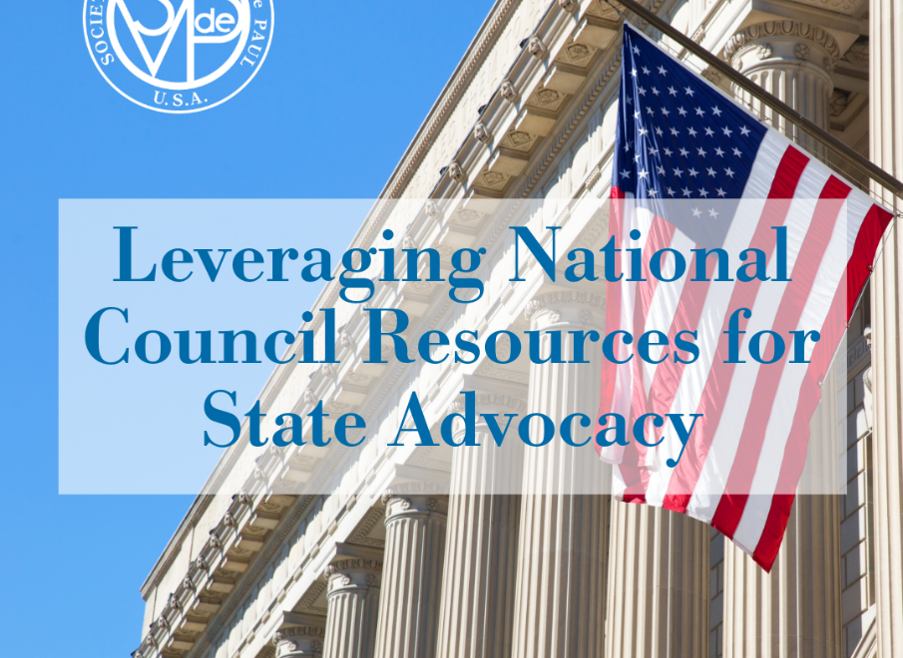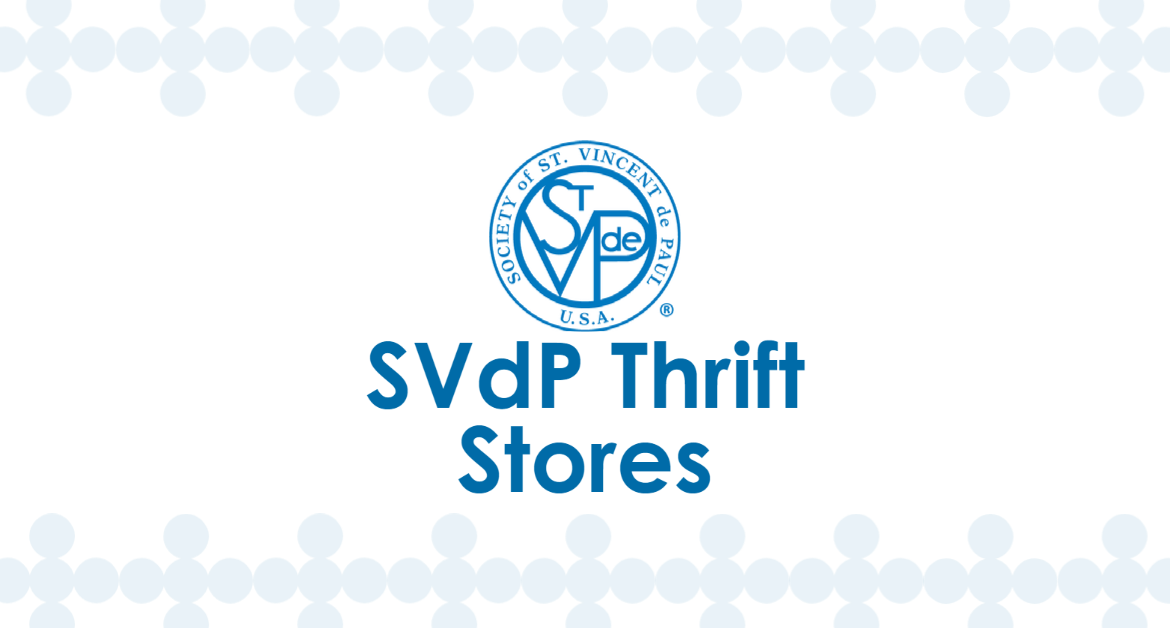As former Speaker of the House Tip O’Neil famously stated, “All politics is local.” This year, SVdP Councils in Georgia, Illinois, Kentucky, and Michigan have utilized the National Council’s E-advocacy system Voter Voice to mobilize state advocates on homelessness, taxation, housing, and payday loans.
District Councils can make a big impact in their state legislature by mobilizing Vincentians to email their state legislators. We have seen success where local Councils are part of larger state coalitions that are vocal about a specific issue. Councils that work closely with their state Catholic Conferences on grassroots issues also see success.
In the four campaigns mentioned above, which last about 2 – 3 weeks each, have sent over 200 messages to state legislators and have resulted in 115 new advocates for St. Vincent de Paul. This was Georgia and Kentucky’s first foray into mobilizing advocates using Voter Voice, and their campaigns brought in the bulk of those 115 new advocates.
How do you get started?
State Diocesan/Archdiocesan presidents, District Council Presidents, Executive Director(s) are empowered to work on state legislative issues. When they agree to bring forward a potential grassroots campaign, they need to sign off on the campaign. They should notify their regional representative and Chair of the Voice for the Poor Committee and their Regional Vice President. Then they will work with Steve Uram, National Director of Poverty Programs, to draft the alert and the message to advocates and to the state legislators. You can find the process explained in our State and Advocacy Toolkit.
As Exodus 22:20-26 reminds us, we shall be judged if we oppress the poor or vulnerable — God will hear their cry. Let us build up the Kingdom of God with justice by advocating for our neighbors in need.




 For our Mattress ad in Pittsburgh, we targeted: 10-mile radius from each store,
For our Mattress ad in Pittsburgh, we targeted: 10-mile radius from each store, For the store’s ad, we targeted specific zip codes around each store.
For the store’s ad, we targeted specific zip codes around each store.